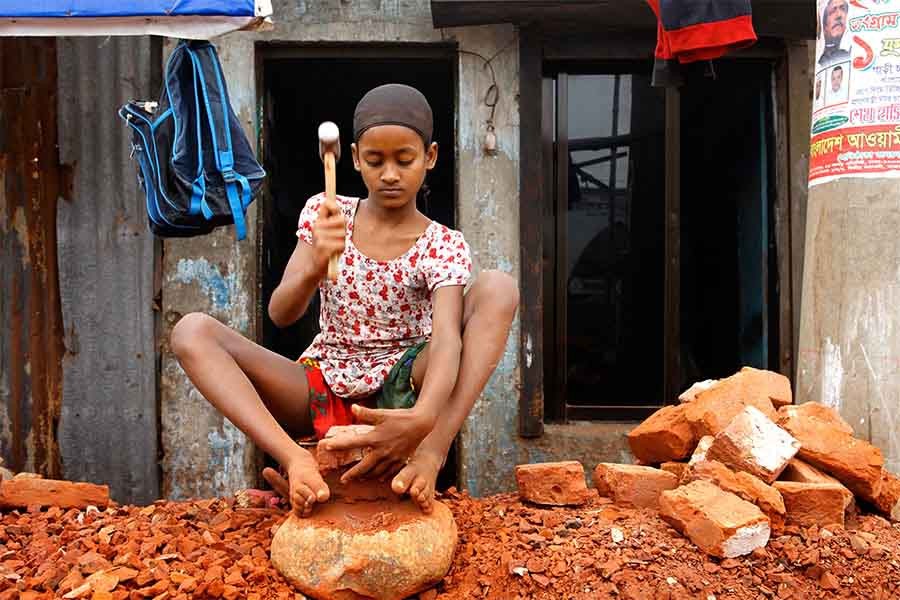Speakers at a programme on Wednesday laid emphasis on enhancing the government’s monitoring to address hazardous child labour across the country.
They also stressed the need for adopting alternative actions like institutional care to reduce child labour and ensure their rights side by side with legal protection for them.
The speakers were addressing a roundtable titled “Child Rights Situation in Bangladesh: Role of Parliament Members,” organised by the Parliamentary Caucus on Child Rights and the Bangladesh Shishu Adhikar Forum (BSAF) at the IDP conference hall of the Jatiya Sangsad.
Dr Muhammad Nazmuzzaman Bhuian, professor, department of law, University of Dhaka (DU), presented the keynote paper on Child Rights Situation in Bangladesh: Role of Parliament Member.
The members of parliament have an authoritative role to play in promulgating the implementing legislations. The legislation or legislative reforms may contribute towards the reduction of child labour in the country, said the professor.
Lawmaker Mir Showkat Ali Badsha, chairman of the Parliamentary Caucus on Child Rights, chaired the event while BSAF Director Abdus Shahid Mahmood delivered the welcome speech.
Mahmudul Kabir, country director of Terre Des Hommes Netherlands, also addressed the function.
Lawmakers Nazmul Haque Prodhan, Shamsul Alam Dudu, Kazi Rozi and Kamrunnahar Chowdhury were present at the discussion among others.
“Recently the Cabinet has approved a draft of the Bangladesh Labour (amendment) Act 2018 seeking total ban on child labour in factories. This will be placed before parliament. The members of parliament may play a positive role in promulgating the act,” said the DU professor.
Even after the adoption of the proposed amendment, 94.85 per cent of the child labour will remain outside the ambit of this legal restriction since they work in the informal sector, he said.
So the lawmakers may play an important role in adopting a separate legislation banning child labour in both formal and informal sectors, he added.


